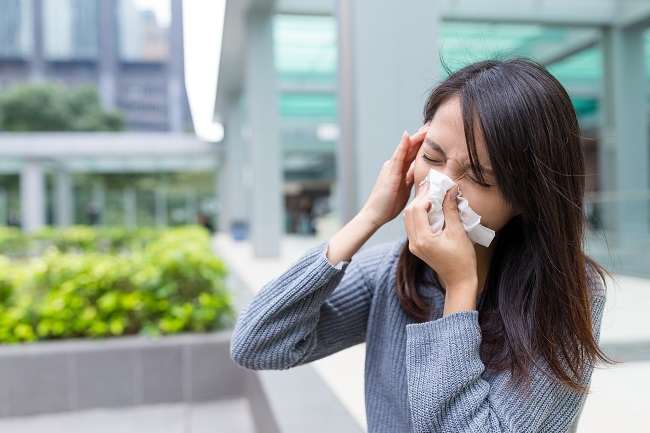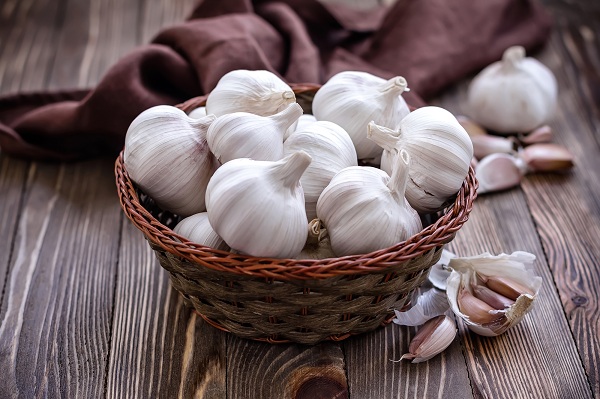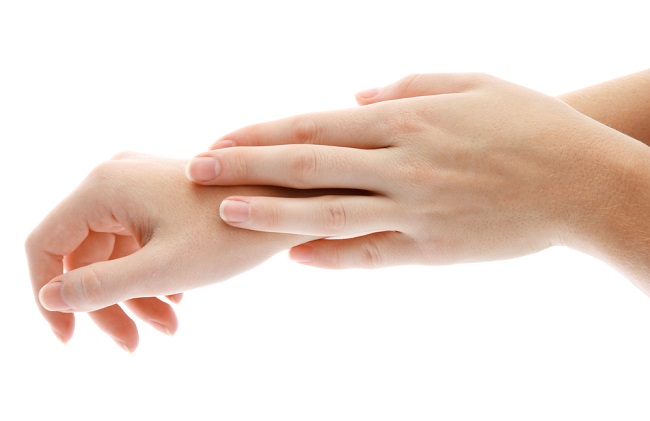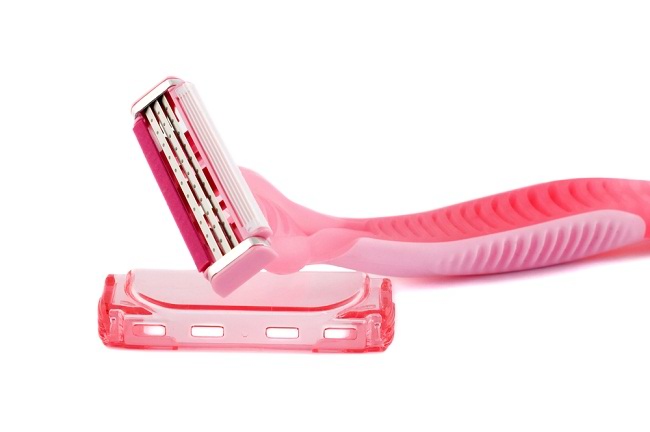Handling Itchy Vagina for women
Itchy vagina can be a symptom of irritation, fungal infection or bacteria, even symptoms of a dangerous disease. The use of chemicals, infections, sexually transmitted diseases, to stress can be the cause. Check out a few steps to overcome and how to prevent them.
Vaginal itching is a condition that is common in children to adulthood and tends to be harmless. But if this situation continues for more than a few days or is accompanied by other symptoms, it is advisable to consult a doctor immediately.
You Need to Know About Itchy Vaginal Causes
Vaginal itching can occur due to one or a combination of several causes. A doctor's examination is needed to detect conditions that cause itching. The following are some common causes that can occur.
Use of chemicals. Itching can be caused by vaginal irritation due to chemicals found in condoms, creams, soaps, tissues, or sanitary napkins used.
Fungal infections. Also called vaginal candidiasis. That is a fungal infection that grows excessively in the vagina and vulva. This infection is more risky when a woman is pregnant, using antibiotics, actively having sex, and when her immune system is weakening. Apart from itching, the fungus will cause the vagina to emit white and thick liquid.
Bacterial vaginosis. The existence of healthy bacteria in the vagina is normal. But bad bacteria can cause infection and itching. In addition to itching, generally bacterial vaginosis is accompanied by symptoms such as pain, as well as discharge and odor from the vagina.
Sexually transmitted diseases (STDs). Herpes, chlamydia, trichomoniasis, and gonorrhea are some types of STDs that can cause vaginal itching.
Menopause. Decreased estrogen production at the end of a woman's reproductive period can cause the vaginal wall to thin out and dry out, causing irritation and itchy vagina. In addition to menopause, this condition can also occur in women who are breastfeeding.
Lichen sclerosis. White patches on the skin around the genitals. This rare condition is commonly experienced by postmenopausal women. Other skin diseases such as eczema and psoriasis can also cause itching.
Vulva cancer. Itching can also be a symptom of cancer in a woman's sex organs, precisely vulvar cancer.
Stressful. Although rare, but an unstable emotional condition can cause the immune system to decline, making the body more at risk of experiencing itching and irritation.
Beware of These Symptoms
Vaginal irritation generally improves by itself. If not, you should immediately see a doctor to get the right treatment.Immediately see a doctor especially if vaginal itching is accompanied by the following symptoms:
Abnormal discharge from the vagina.
Boils or sores like canker sores on the vulva.
Difficult or painful when urinating.
Other abnormal symptoms that persist for more than one week.
Itching accompanied by bleeding and swelling.
Overcoming and Preventing Itchy Vagina
The doctor will search the complaint history, physical examination including internal examination, and recommend additional examinations, such as blood tests, urine, vaginal fluid examination, and pap smears to determine the diagnosis of the disease. Itchy vagina will be handled differently, depending on the type of cause. Among others:
Sexually transmitted infections are treated with antibiotics.
Vaginal fungus is treated with antifungal drugs taken with a drink or cream applied to the vagina. Antifungal drugs in certain preparations can also be given vaginally.
Itching caused by menopause is treated with estrogen creams or tablets. Estrogen creams or lotions are sometimes used to treat itching and inflammation.
Antihistamine drugs are used to treat itching due to allergies.
There are ways to prevent itching in the vagina or to deal with it if symptoms occur. In addition to adult women, this method can also be taught to children and young women.
Avoid using tissues, sanitary napkins, pantyliners, as well as cleaning female organs containing fragrances.
To clean the female area, just use clean water and ordinary soap without fragrance. This is enough to do once a day. Cleansing it more than once will make the vagina dry.
After defecating, clean the anus from front to back, and not vice versa.
The use of toilet paper after urinating should also be rubbed from the vagina to the anus.
Adolescents and adult women are advised to replace sanitary napkins as often as possible.
Change underwear every day. Cotton pants are healthier than synthetic materials like nylon.
Use condoms during sexual intercourse to prevent sexually transmitted diseases.
Avoid sexual intercourse when the vagina still feels itchy.
Even though the vagina feels itchy, avoid scratching it.
Immediately change sports clothes, especially swimsuits, as soon as you finish exercising.
As much as possible minimize the use of pants or tight skirts.
Overall, vaginal itching can generally be prevented by maintaining the cleanliness of intimate organs. If you feel ongoing itching, frequent recurrence, or there are symptoms that need to be watched out for, immediately see a doctor.










Comments